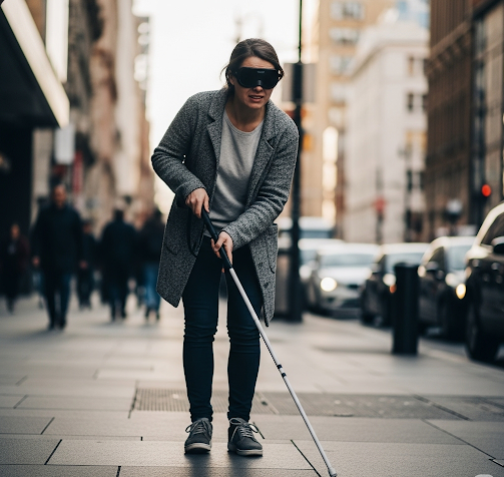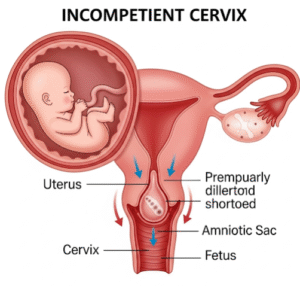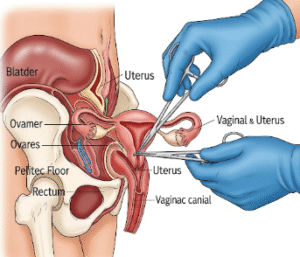Overview
Vision impairment refers to a range of conditions where an individual experiences a partial or complete loss of sight. It can significantly affect quality of life by limiting daily activities, mobility, and independence. Vision impairment can result from a variety of causes, including refractive errors, eye diseases, injuries, or neurological disorders. South Korea offers advanced ophthalmologic care and rehabilitation services to manage and improve vision impairment.
What is Vision Impairment?
Vision impairment includes any decrease in the ability to see that cannot be corrected fully with glasses, contact lenses, medication, or surgery. It ranges from mild visual difficulty to total blindness. The World Health Organization classifies vision impairment into moderate, severe, and blindness categories based on visual acuity and field of vision.
Symptoms
- Blurred or fuzzy vision
- Difficulty seeing at night or in low light
- Loss of peripheral (side) vision
- Sensitivity to light and glare
- Double vision
- Frequent changes in prescription for glasses or contacts
- Difficulty recognizing faces or reading
Causes
- Refractive errors such as myopia, hyperopia, and astigmatism
- Cataracts (clouding of the eye’s lens)
- Glaucoma (damage to the optic nerve)
- Age-related macular degeneration (AMD)
- Diabetic retinopathy (damage to retinal blood vessels)
- Eye injuries or infections
- Neurological conditions affecting the optic nerve or brain
Risk Factors
- Aging (risk increases significantly after age 50)
- Family history of eye diseases
- Diabetes and other chronic conditions
- Smoking
- Prolonged exposure to UV light
- Eye injuries or trauma
- Poor nutrition
Complications
- Reduced independence and increased risk of accidents
- Social isolation and depression
- Difficulty performing daily tasks such as reading, driving, or recognizing faces
- Increased risk of falls and injuries
- Economic impact due to loss of productivity
Prevention
- Regular eye examinations to detect and manage conditions early
- Protecting eyes from UV exposure with sunglasses
- Managing chronic diseases like diabetes and hypertension
- Avoiding smoking
- Maintaining a healthy diet rich in vitamins and antioxidants
- Using proper safety equipment to prevent eye injuries
Treatment Options in Korea
South Korea offers advanced treatment and rehabilitation options for vision impairment, including:
- Corrective lenses – Glasses and contact lenses for refractive errors
- Surgical treatments – Cataract surgery, laser therapies for glaucoma, and retinal procedures
- Medical management – Medications to control eye pressure or treat infections
- Low vision rehabilitation – Devices and training to maximize remaining vision
- Advanced diagnostics – Optical coherence tomography (OCT), fundus photography, and visual field testing
- Support services – Vision therapy, counseling, and mobility training to improve quality of life













